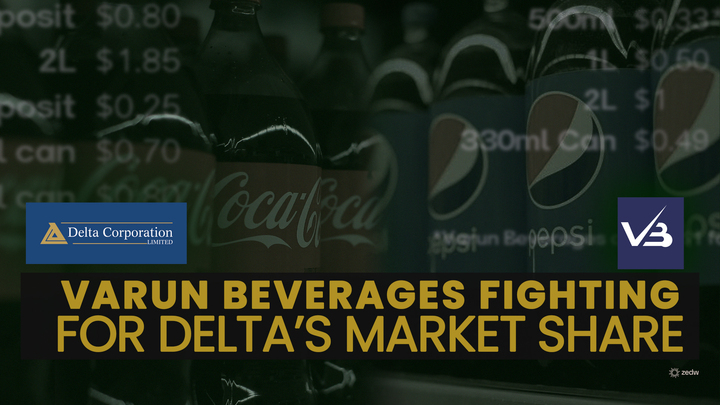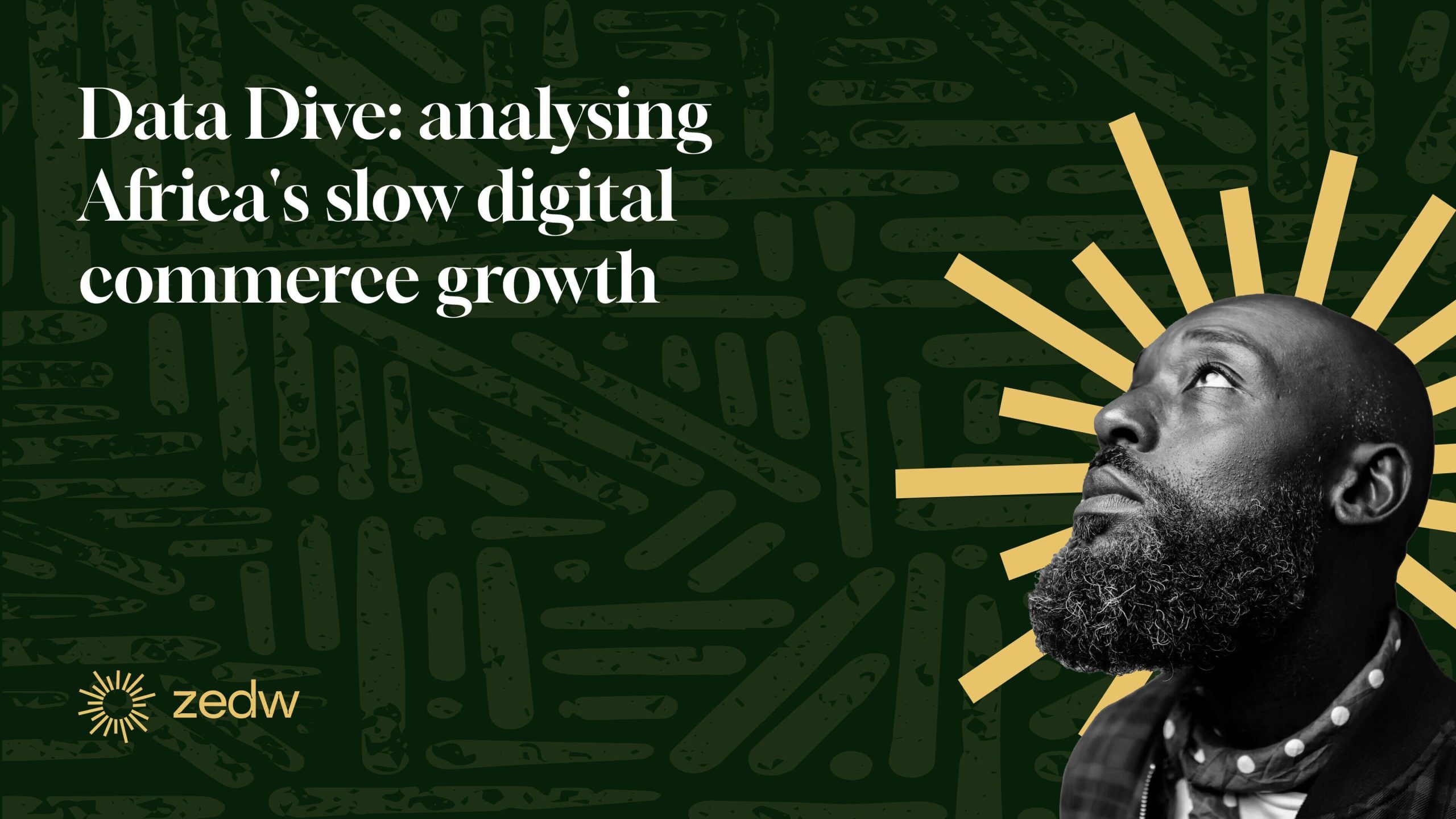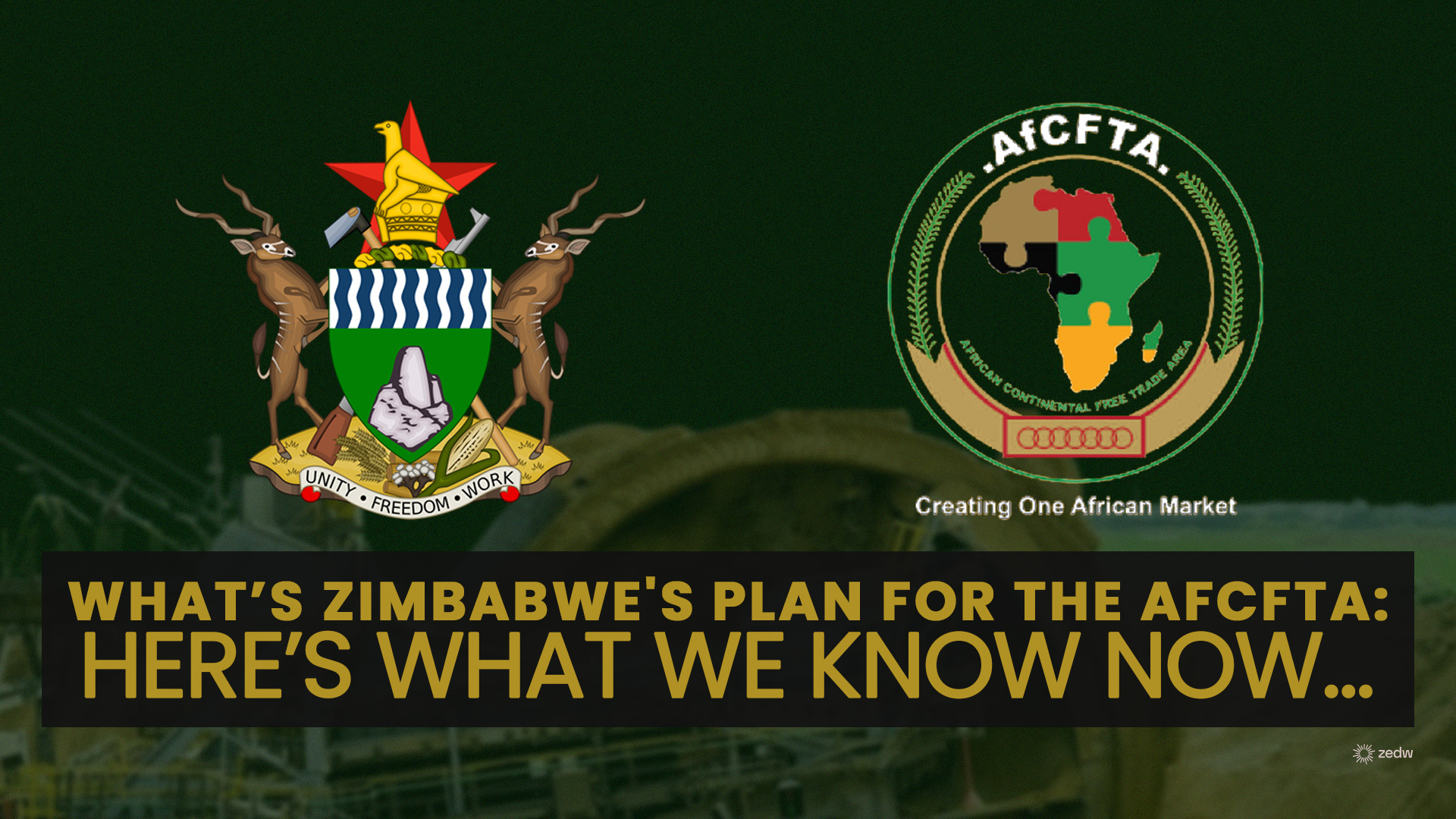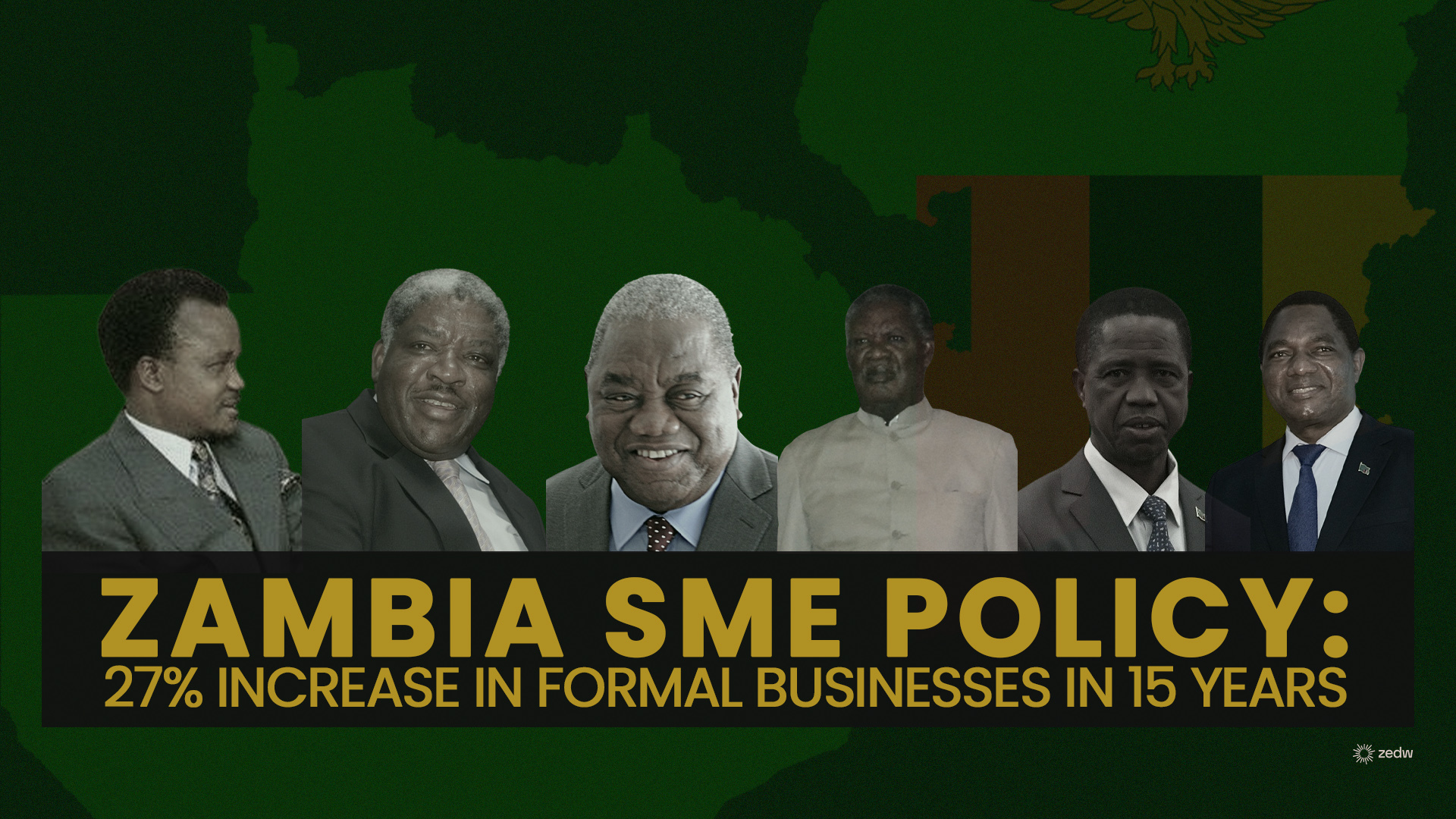On a hot summer day in Zimbabwe, a consumer decides to cool down with a beverage. With a dollar in hand, the consumer’s options are multiple as they can either choose between a Pepsi which goes for 50 cents or a Coca-Cola drink which only until recently goes for the same price. The recent competition in Zimbabwe’s carbonated drinks sector is a tale of foreign investment, aggressive pricing, foreign currency shortages, and the heavily commercial sentimental period of Zimbabwean Christmas.
The main actors at play are the perennial market share dominators Delta which distributes brands such as Sprite, Spar Letta, and Fanta against ambitious Indian-owned company Varun which distributes Pepsi, Mountain Dew and Mirinda. This is the story of the ongoing cold beverages war between Varun and Coca-Cola to gain market share in Zimbabwe.
The cultural relevance of Coca-Cola in Zimbabwe
Since the 1960’s the brand Coca-Cola has been engraved into the minds of consumers as the standard for soft drinks. So much so that it has become the generic name for soft drinks of any nature with any carbonated drink being termed “koko” (coke) by locals. This speaks of a history of brand dominance in the market as Coca-Cola historically has managed to capture both rural and urban market share. Zimbabwean’s affinity with Coca-Cola over the years has matured into the brand becoming a staple at Christmas time with the beverage heavily in demand during the festive season. During the 2019 festive period, however, the brand would go missing on shelves due to foreign currency shortages which affected production with the shortages overlapping into 2020. According to The Exchange Africa, in 2019 Coca-Cola’s market share dropped to as low as 35% in the carbonated drinks market. Coca-Cola’s products were 100% more expensive than Varun’s as the beverages were priced at $1 and 50 cents respectively. With Varun’s entry into the market in 2018 reliant on strategies of competitive pricing and continuous expansion into rural areas, there were early signs of a rivalry that would go on between the two companies for market.

The Rise of Varun in Zimbabwe
Indian-owned RJ Corp’s subsidiary Varun Pepsi Bottler entered the Zimbabwean market in 2018 establishing a greenfield production. Upon entry, Varun pledged to build US$23 million plant (and already had a $40 million plant that had 600k bottles/day capacity) leading to the company acquiring Special Economic Zone status which translated to priority access to foreign currency on the central bank auction system, a 5-year tax break and the privilege to import raw materials and equipment duty free. With a long-term vision of dominating Zimbabwe’s carbonated drinks market, Varun commissioned a $30 million plant and invested a further $150 million in its first 5 years.
“They are expanding, putting a plant which is worth more than $23 million and they have to improve their reach out in the country, their access. They also want to improve exports because they have already started exports so a special economic zone, really, grants them corporate tax relief not VAT relief for a period of five years. At least if people are bringing in such investment as government we also make an effort to support them through such kind of incentives. That is mainly the implications of the special economic zone”
former Minister of Industry and Commerce, Nqobizitha Ndlovu | The Herald
According to Varun’s 2019 report the company managed to seize 35% market share with only 10 months of operation. Director Raj Pal Gandhi would announce Zimbabwe as one of its fastest-growing international markets. From the onset, Varun looked to capture market share and entered Zimbabwe with competitive pricing taking the battle to the streets and going as far as offering free ice to vendors who sold its products.
Key Insights from Delta
Delta Corporation is Zimbabwe’s biggest beverage distributor with the rights to distribute Coca-Cola and Schweppes products into the market. In 2019 however, due to foreign currency shortages which rocked the country, Coca-Cola’s market share in the soft drinks market dropped to as low as 35% as stated by Morgan & Co analysts. It didn’t take too long for Delta to recover as they acquired the Mutare Bottling Company (MBC) from Econet Group in November 2020. This increased output of their products in Manicaland as drinks sales volumes rose 205% in quarter up to June 2021, the first period under which MBC was under Delta’s control. According to the Newswire Delta achieved 59% of the soft drinks market share in 2022. The battle for market share continues between Varun and Coca Cola.

Innscor Africa’s Potential
Innscor could be a dark horse in this equation as the owner of ProBrands which makes the Barley House beverage a popular drink in Zimbabwean Households. Innscor could also leverage its Fizzi soft drinks brand as it can compete with Varun in terms of pricing. A sophisticated network as well as knowledge of the Zimbabwean market shows that the potential of Innscor is limitless, and it may prove to be a market leader in the years to come.
The Consumer Wins
Throughout the battle for market share in the soft drinks market there is one evident winner and that is the consumer. Zimbabweans have benefited by having a wide variety of options at varying price points. This competition has also put more pressure on corporates to implement sustainable practices as we are witnessing a trend of brands being more health conscious such as Coca Cola using less sugar in its products. The entry of Varun into Zimbabwe has created employment with a network of more than 4,000 vendors who use mobile carts. Delta’s acquisition of Mutare Bottling Company has reignited production in Manicaland. Competition and Tariff Commission of Zimbabwe (CTC) states that the emergence of this competition paved the way for better days.
The Present Picture
According to a 2022 online poll on brand preference held by Sagaci Research in key markets where both Pepsi and Coca Cola are present in Africa, Coca Cola led in Zimbabwe with 83% whilst Pepsi followed with 10% and 7% going to other brands. Coca Cola also led in Zambia, South Africa and Botswana whilst Pepsi was dominant in Egypt and Tanzania. This survey however was only conducted online and was done on a particular focus group which may result in it not being able to paint the overall picture. Competition might have led to better days for the consumer as the ongoing battle for market share continues.








